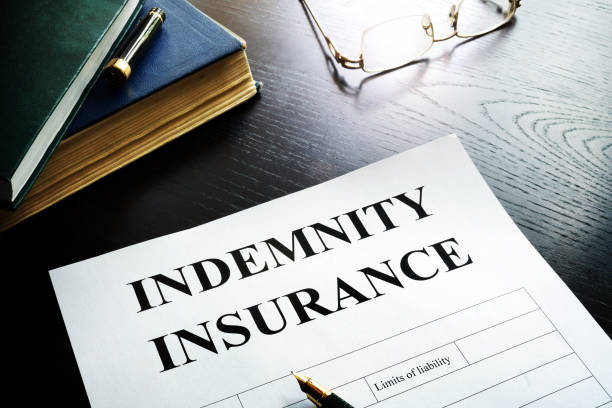In the construction industry, where the consequences of professional advice and design decisions can be significant, Professional Indemnity (PI) Insurance provides essential protection for a wide range of professionals including certifiers, architects, engineers, and building consultants.
This form of insurance covers professionals for claims arising from errors, omissions, or negligence in the course of providing services such as advice, certification, design work, project management, and contract administration. A single misstep may result in substantial financial exposure, reputational damage, and complex legal disputes. PI insurance helps mitigate these risks.
Why Is It Important?
For many professionals, PI insurance is either a mandatory requirement under legislation or a voluntary but prudent step taken to protect against the risk of legal liability. Claims can result in significant financial risk, and having the right cover in place ensures that professionals can continue operating with confidence.
How Do Claims Arise?
Most commonly, claims under a PI policy relate to design defects or other issues stemming from woks or services that result in loss or damage. These claims can arise years after a project is completed, making ongoing and retrospective cover a critical consideration.
Making a Claim: What Are Your Options?
There are generally two ways a claim may be pursued:
- Direct claim through the insurance provider: Professionals can notify their insurer directly of a potential or actual claim, triggering the claims process.
- Legal proceedings: In some circumstances, the insurer may be joined as a party to court proceedings, particularly where liability is being contested or where the claim involves multiple parties.
What is Covered?
Typical coverage includes:
- Design errors or omissions: protects against liability arising from mistakes or gaps in design, specifications, or plans.
- Incorrect or inadequate professional advice: covers financial loss caused by professional advice or recommendations that prove to be inaccurate or unsuitable.
- Breach of professional duty: failure to meet contractual or statutory obligations when performing professional services.
- Defence costs: legal costs of defending negligence or breach claims, even if the claim is unsuccessful.
- Subconsultants work: policies often extend to cover liability for mistakes by sub-consultants.
- Unintentional IP infringement: copying designs or drawings without permission.
Conclusion
In an industry where the stakes are high and liability can linger long after a project finishes, professional indemnity insurance is not just a box-ticking exercise, it is a strategic asset. Ensuring you have the right level of cover, with a clear understanding of how and when to claim, is essential for anyone offering professional services in construction.
If you need assistance understanding your PI policy or managing a claim, our team has extensive experience in insurance and construction law. We are here to help you navigate your obligations and protect your professional standing.


